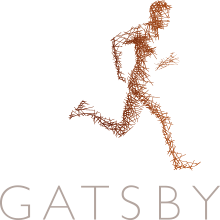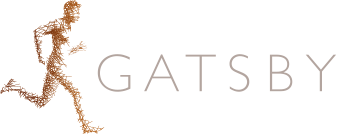Support For Industry Placement Mentors
4. Knowledge and behaviours
The aim of mentoring in industry placements is to help students reach their learning and personal development goals, with the right support and without being judged. As a good mentor, you’ll have the knowledge and behavioural attributes to develop a productive, beneficial two-way relationship with your student.


 Bull:
Bull: Dolphin:
Dolphin: Owl:
Owl: Dove:
Dove: